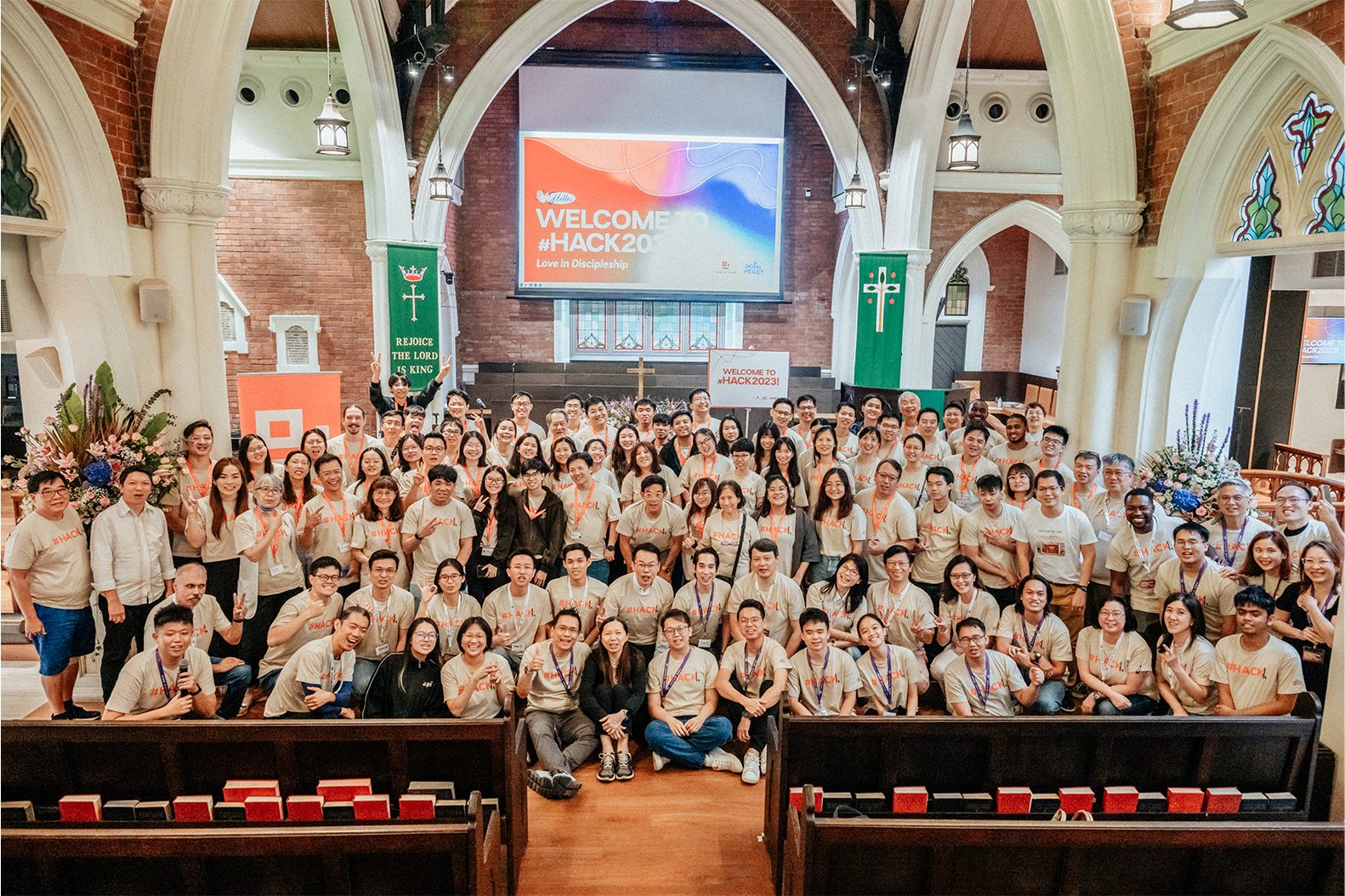WARNING: SPOILERS UP TO EPISODE 12
Love Next Door is currently ranked second on Netflix locally and is also en route to becoming one of the top K-dramas in my heart.
This popular rom-com features childhood best friends Baek Seok-ryu (Jung So-min) and Choi Seung-hyo (Jung Hae-in), who become romantically entangled after the latter suddenly returns home from abroad.
Freshly home from America after calling off her engagement to a lawyer and quitting her job as a product manager of a global conglomerate, 33-year-old Seok-ryu has to deal with her parents who are in emotional turmoil as they struggle to understand her life choices.
Back home, Seok-ryu runs into Seung-hyo, the son of her mother’s friend and her childhood best friend with whom she shares a dark past, who is now one of the top architects in South Korea.
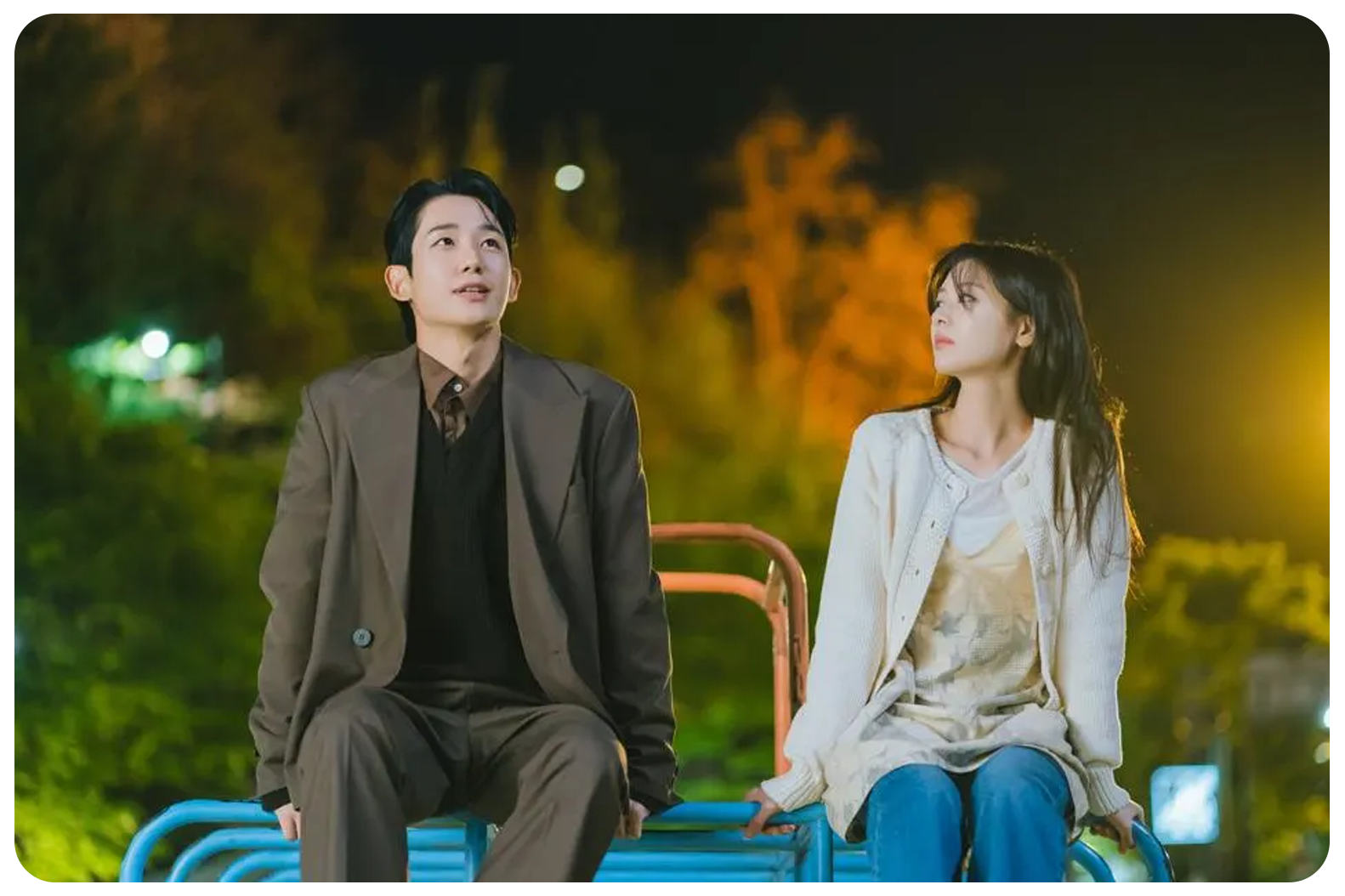
Though I am absolutely glued to their unfolding love story, I was pleasantly surprised by how much more invested I was in Seok-ryu’s relationship with her parents.
Episode after episode, I find myself reflecting upon how I interact with my parents and considering how parents and children can deepen their relationship despite generational differences.
Normalising heart-to-heart talks
Though sharing your struggles and feelings with your parents may sound a little cringe to some, I believe that normalising heart-to-heart talks is essential in building trust and stronger relationships.
When Seok-ryu started spending her days idling and relaxing back home, her mother went berserk and was desperate to send her back to America. She laments feeling betrayed by her daughter’s actions, causing Seok-ryu to feel extremely misunderstood.
If you’re up to date with the drama, you’ll know the true reason behind Seok-ryu’s return, which is her cancer diagnosis.
Crying and desperate for her mum to understand, she exclaims: “Hasn’t it ever occurred to you to wonder how sleep-deprived I must’ve been? Or how little fun I must have had all these years to fool around like that?”
Seok-ryu’s mother dismisses these cries as weakness and complaints and is solely determined to pull her daughter out of her slump.
Only when she discovers that her daughter faced her cancer journey alone, does she stop pestering Seok-ryu to find a job and finally allow her to rest, resulting in a huge breakthrough in their relationship.
It got me thinking: Wouldn’t there have been so much less misunderstanding and commotion if she had confided in her mother sooner?
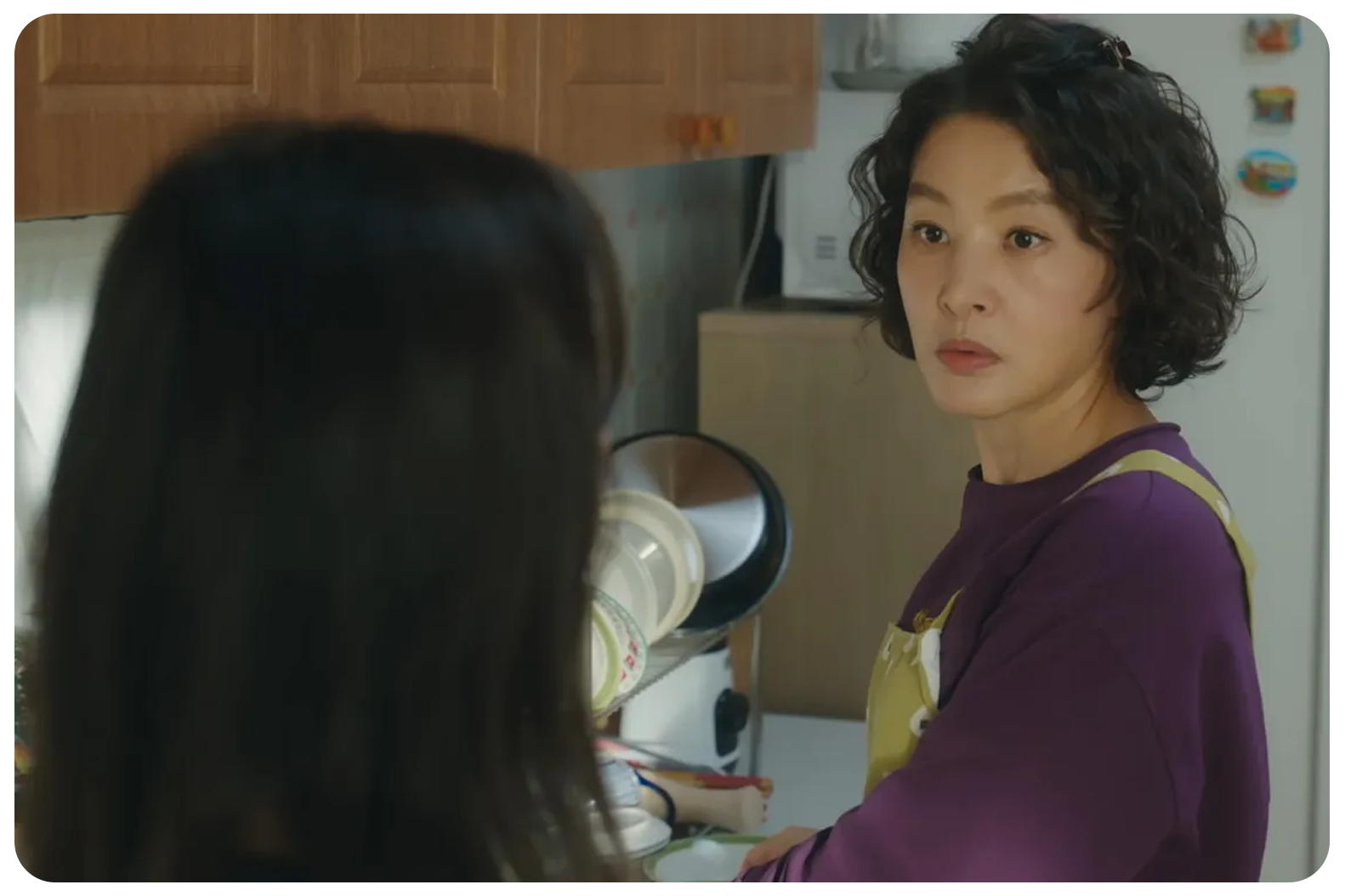
As someone who studies overseas, I have learnt to be relatively independent and try not to worry my parents over touchy-feely subjects. I am also a rather positive individual who prefers handling personal challenges on my own.
And so, when my parents would ask how I am doing, I often brushed off deeper emotions by sending them a slew of pictures of what I’ve been up to, showing them only the positive aspects of my life.
But in April this year, I failed two school modules in Perth. I knew I had to face the music of letting my parents know as failing these modules meant I had to retake them the following year, incurring extra expenses.
Upon returning to Singapore in June this year, I mustered up my courage and came clean with my parents about what had happened. I apologised for letting them down and promised to work harder to achieve better results.
Instead of criticising me, my parents calmly assured me that I didn’t need to feel bad and that they were more concerned about my well-being. They asked if I was okay and whether I needed any support.
Moved by their grace, I opened up to them more, sharing about how challenging it was to meet the high expectations of my supervisors during my placements and how overwhelming it felt at times.
During the whole conversation, I struggled to hold in my tears and was oddly much more emotional than expected about the whole matter.
That was when I realised that I must have bottled up all my disappointment and dejectedness, failing to express my true emotions to the ones closest to me.
This heart-to-heart conversation opened the door to a deeper understanding between my family and I, allowing me to feel seen and supported in a way I hadn’t anticipated.
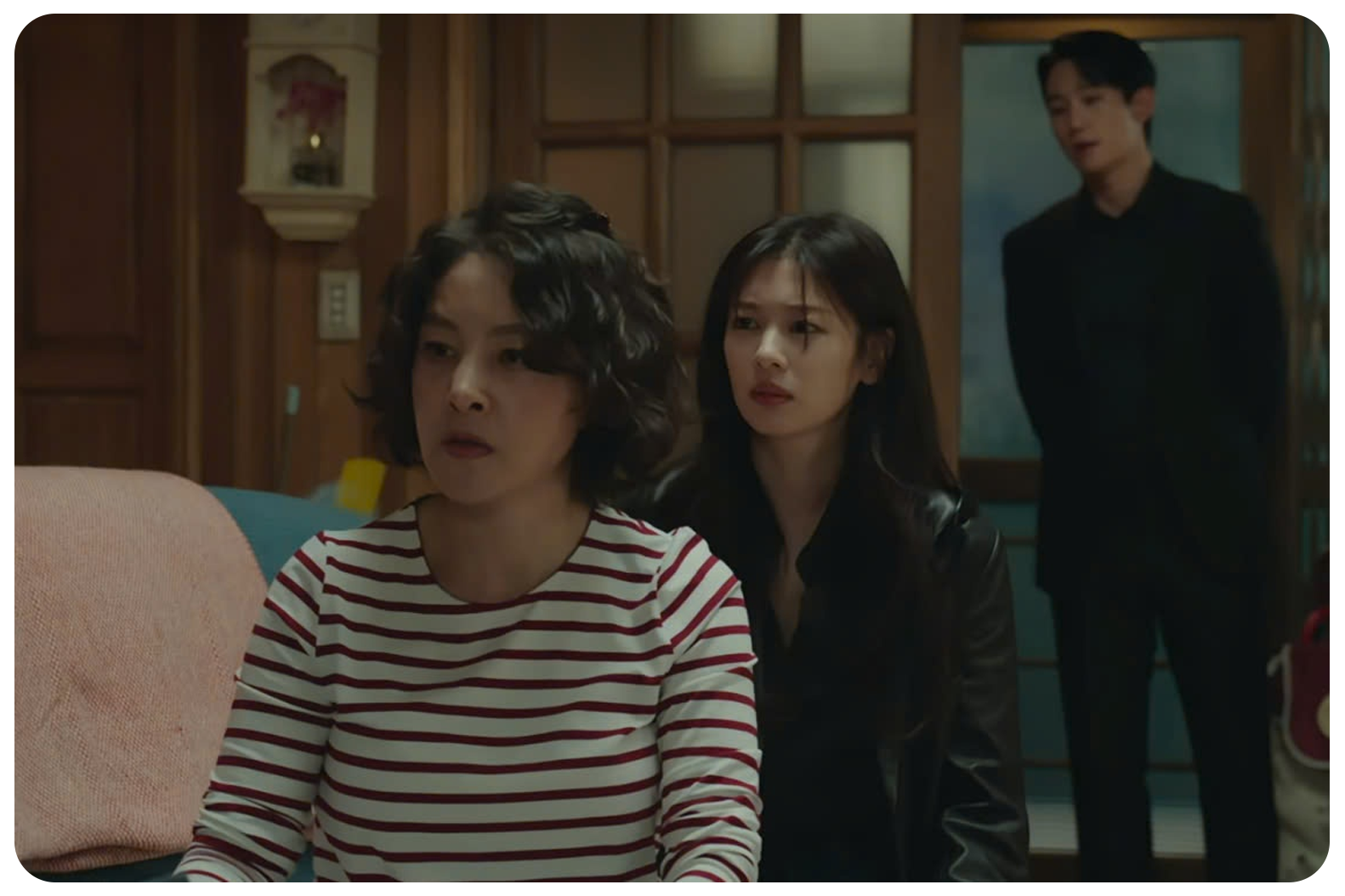
Like Seok-ryu, I was convinced that I was able to deal with hardships independently.
I always thought that showing vulnerability would make me appear incapable, so I often keep my emotions to myself. By doing so, the weight I had been carrying just kept growing heavier over time, as I deprived myself of the care that my loved ones were generously willing to offer.
As we are all part of the body of Christ, we are not meant to go through our struggles in life alone.
A few months ago, I shared my struggle of vulnerability with a close friend of mine from church. He shared with me a verse from Galatians 6:2, which reads: “Bear one another’s burdens, and so fulfil the law of Christ.”
As we are all part of the Body of Christ, we are not meant to go through our struggles in life alone. Instead, we are called to share our burdens with people we trust and support one another in times of trial.
God has blessed us with people in our lives to go through good and bad times with, so we must seek them out and rely on the support systems He has divinely provided.
Our parents are only human
Of all the relationships in this show, I envy the father-daughter duo of Kang Dan-ho (Yun Ji-on) and Kang Yeon-du (Shim Ji-yoo) the most.
It was revealed earlier in the show that Yeon-du’s mom had passed away a few years ago, leaving Dan-ho to single-handedly raise his daughter.
One afternoon, Yeon-du had a higher fever and was forced to call the ambulance independently as her dad was working. Paramedic Jeong Mo-eum (Kim Ji-eun) found it so upsetting that Yeon-du was left at home alone and gave Dan-ho a piece of her mind.
Yeon-du instinctively defended her dad, catching Mo-eum off guard: “Don’t yell at my dad. I hate people who yell at my dad.”
She even sulked when her dad took the afternoon off to pick her up from school a day after her discharge, complaining: “What will your company think of me if you keep acting like this?”
Though her words may appear harsh, they reflect her awareness of the struggles her father faces in balancing work and parenthood.
“Honor your father and mother”—which is the first commandment with a promise— “so that it may go well with you and that you may enjoy long life on the earth.” (Ephesians 6:2-3)
Honestly, I have much to learn from Yeon-du as a daughter.
Growing up, I felt disconnected from my mother due to her busy work schedule. I envied daughters who could spend their afternoons with their mothers, shopping, doing their nails or going cafe hopping together.
This led to me overthinking that my mum didn’t love me enough to make time to spend with me.
During a recent argument with my mother, she confessed that she had always struggled with expressing her emotions, especially towards her children.
Knowing this about herself, She buried herself in work, hoping to provide for our material needs, as this was the best way she knew how to care for her family.
Reflecting upon the character of Yeon-du, I’ve realised that honouring your parents is much more than just respecting their authority.
It also means recognising the silent burdens they carry and being grateful for their unique ways of loving us, even if they don’t align with personal expectations.
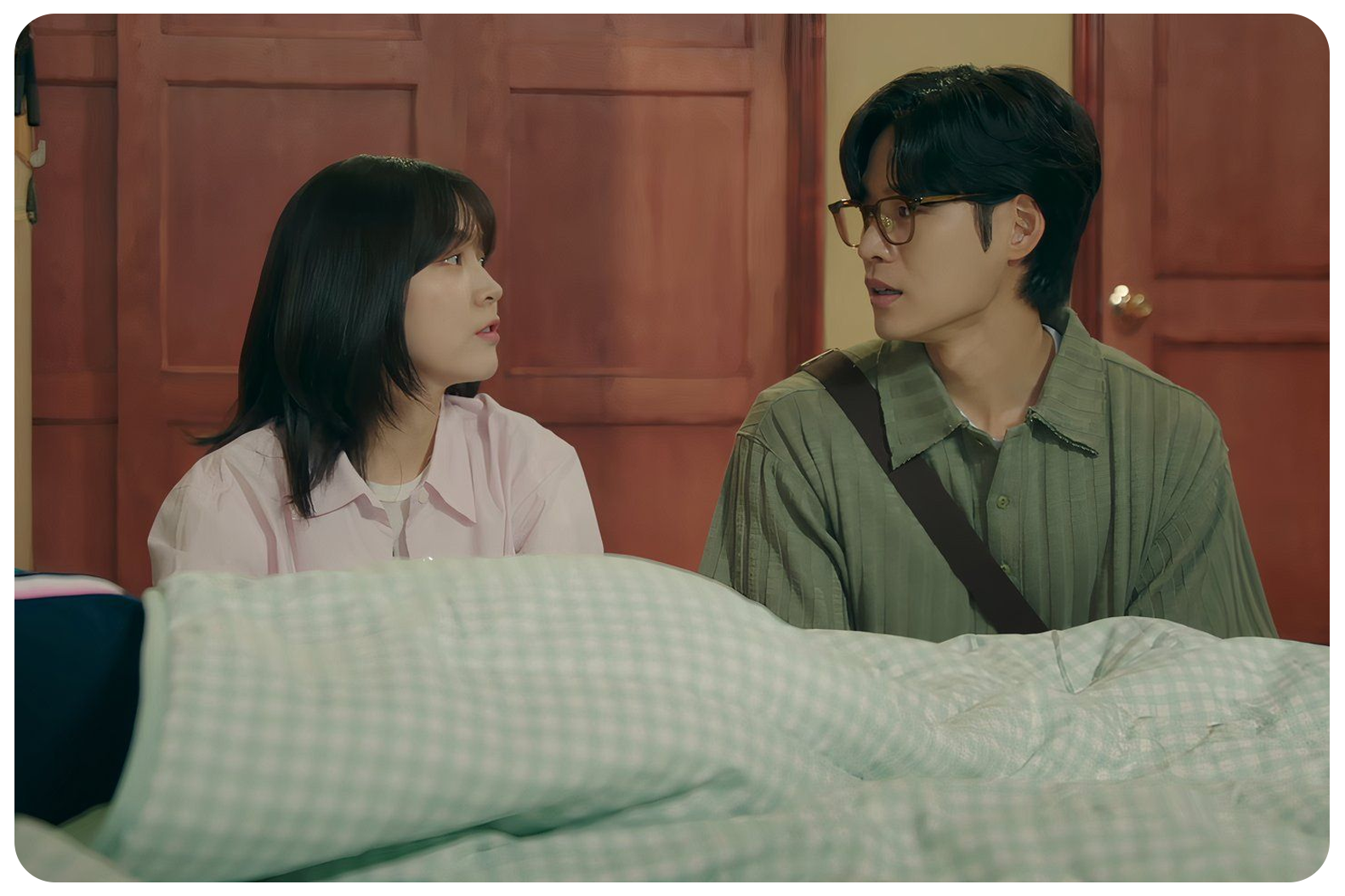
Yeon-du fully embodies this understanding and love for her father beyond his flaws. She silently acknowledges all the sacrifices he has made in her life, especially being a single father.
Though my mother may not have been able to spend afternoons shopping with me, she has given me so much in other ways. Every hour my mother spent working was her precious time dedicated to providing for the family, ensuring that we never had to worry about our basic needs.
I have grown a deep respect for my mother and have learnt to appreciate her unique ways of loving me.
Don’t exasperate the kids
While children are called to honour and obey their parents, I believe parents play a crucial role in nurturing a healthy relationship with their children.
Seok-ryu slowly uncovered her passion for cooking and started attending cooking classes behind her parents’ backs.
Unfortunately, her parents uncovered this secret activity and were extremely disapproving of it – especially her dad.
As a snack shop owner, Seok-ryu’s father faced many difficulties in the industry and was very unwilling to let his daughter follow in his footsteps.
In anger, he blurted out: “We raised a smart fool.” This statement hurt Seok-ryu deeply despite coming from a place of concern. He also delivers an ultimatum, telling Seok-ryu she can try anything except cooking.
In my conversations with friends, I find it quite common for their parents to be heavily opinionated about their career pathways. Some even make demands rashly, just like Seok-ryu’s dad.
Ultimatums like these usually leave my friends feeling small and lousy, as cold water is being poured over their dreams and aspirations.
Sadly, when I placed myself in Seok-ryu’s shoes, I could also see my parents reacting the same way.
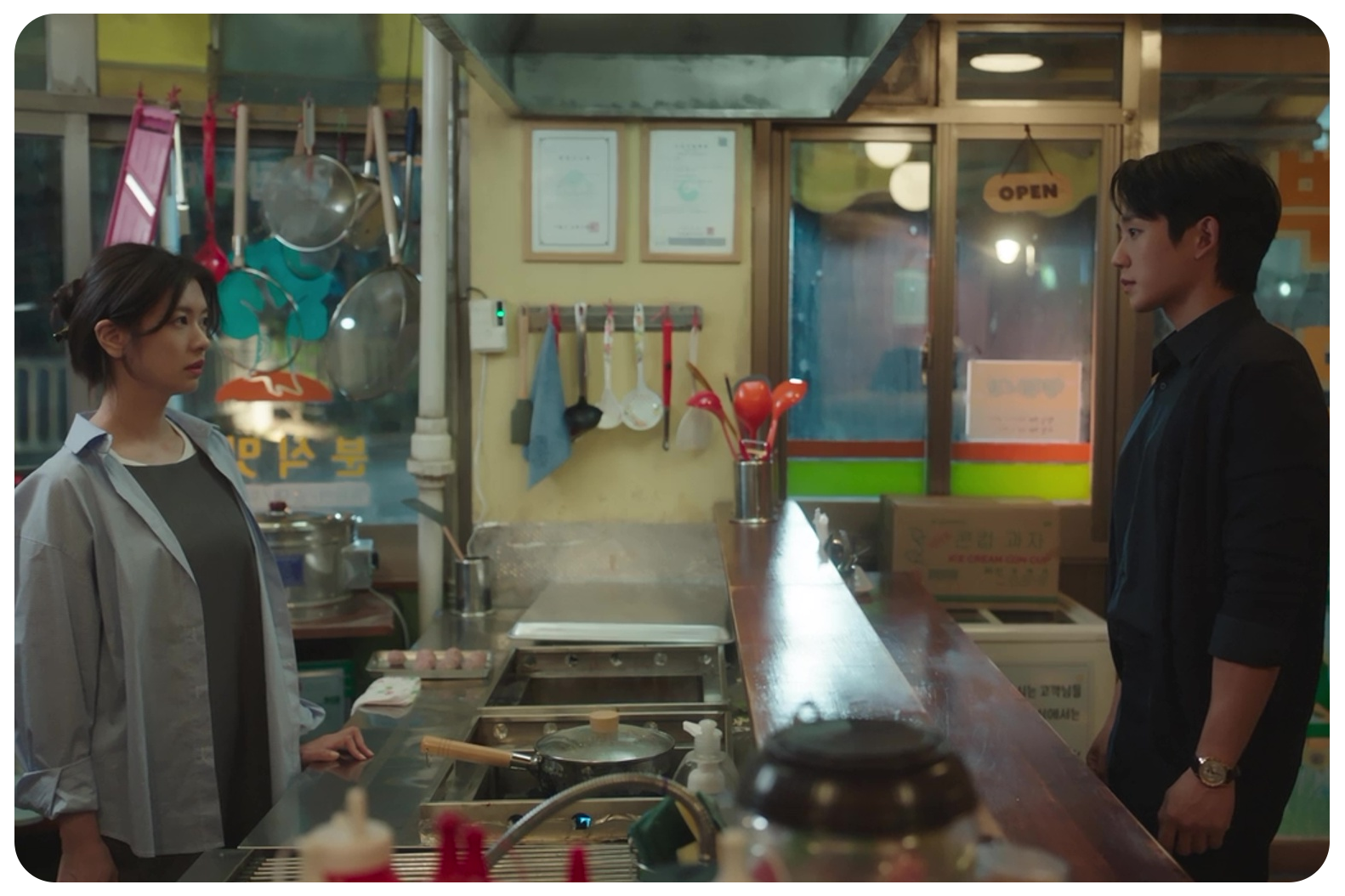
Ephesians 6:4 speaks directly about this matter, giving these instructions: “Fathers, do not exasperate your children; instead, bring them up in the training and instruction of the Lord.”
This verse calls for parents to guide their children towards loving God and discerning His will for their lives. Many parents try so hard to protect their children from failure and in doing so, stifle their dreams and God-given talents. This often pushes their children away from them and from God.
This does not mean parents should spoil their children or merely agree with everything they say and do. Providing loving guidance involves offering wisdom when their children are going astray, while also encouraging them to use their gifts to further God’s kingdom.
Ultimately, parents need to trust God with their children’s lives and acknowledge that they do not have control over every outcome. By surrendering their fears, they create a lovingly supportive environment where their children can confidently pursue their God-given dreams.
I encourage those who struggle to maintain a harmonious relationship with their parents or children to go before God and ask for His wisdom in guiding you towards reconciliation (James 1:5).
None of us, whether we are parents or children, are perfect and are all in need of God’s mercy and grace (Romans 3:23-24).
Although some may find this K-drama slightly slower in terms of plot development, I appreciated its realistic portrayal of modern-day parent-child relationship struggles.
It gave me much to reflect on, in terms of how I can grow to be a better daughter.
The last four episodes of Love Next Door will air over the next two weeks on Netflix on Saturdays and Sundays.









